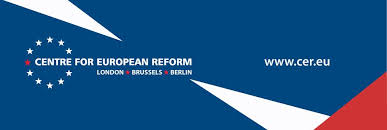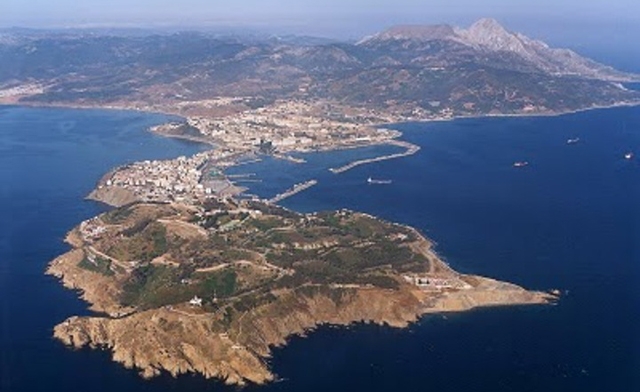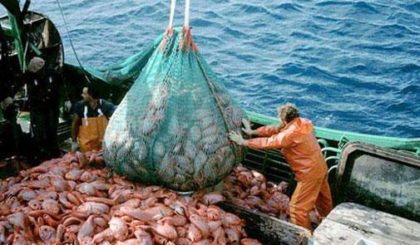 On May 27, 2020, the EU Commission presented its proposal for a post-pandemic recovery plan to help the bloc overcome the impact of the coronavirus crisis. The plan has however failed to include the grouping’s need to policy reforms towards its southern neighbors in the Middle East and North Africa (MENA), whose economic and political difficulties constitute a burden for some members of the union.
On May 27, 2020, the EU Commission presented its proposal for a post-pandemic recovery plan to help the bloc overcome the impact of the coronavirus crisis. The plan has however failed to include the grouping’s need to policy reforms towards its southern neighbors in the Middle East and North Africa (MENA), whose economic and political difficulties constitute a burden for some members of the union.
Luigi Scazzieri of the Centre for European Reform argues, in a recently published paper, that the pandemic, which hit hard Europe, has made a strategic rethink of the EU’s approach to its southern neighbors even more urgent.
While most of the region has not been severely hit by the virus itself so far, the EU’s neighbors are suffering from its economic fallout: unemployment and social strife will fuel instability, migration towards Europe and possibly conflict, says the searcher, whose paper was relayed this week by eubulletin
website.
After he explained how economic hardships fuel illegal migration, the author of the paper noted that Tunisia, Algeria and Morocco, main departure points of the migrants, have seen their economy decimated by the pandemic with lockdown measures to stem the propagation of the coronavirus. The difficult economic situation of these countries has worsened unemployment – a major factor for social unrest – and increased migration attempts towards Europe.
To mitigate such movements and help its southern neighbors to remain stable, Scazzieri notes, the EU must make “ambitious offer” to its MENA partners with whom cooperation have been under expected levels whether on the economic or political plans.
Europe’s approach has been dominated by providing humanitarian assistance and by short-term concerns about migration and terrorism. This does not serve the Union’s long-term interests, as it does little to foster real stability amongst its neighbors. “The EU’s offer to its southern neighbors is measly, and has failed to incentivize economic and political reforms,” he deplored adding that the EU does not offer countries a real political partnership, but only a relatively modest upgrade of trading relations in the form of ‘Deep and Comprehensive’ free trade agreements (DCFTAs).
Insisting that Europe will need to help its neighbors deal with Covid-19 and its economic fallout, he underlines that the EU should not lose sight of the long-term picture.
“If Europeans want their neighborhood to be stable, they should make the countries in its southern neighborhood a more ambitious offer.”
“First, the EU should offer its partners an upgrade of existing trade agreements as a stepping-stone to a Deep and Comprehensive Free Trade Agreement (DCFTA). The upgrade would be centered on liberalizing agricultural trade by removing most tariffs and increasing quotas, something that countries in the region want,” Scazzieri says.
The move, the researcher also argues, would contribute to social and economic stabilization across the region including trust while enabling governments of those countries to inject momentum into DCFTAs negotiations.
Second, the EU should make DCFTAs more appealing. The EU’s offer should be tailored to each partner. For example, adoption of the EU’s internal market legislation could be limited to sectors that are particularly appealing to partner countries, Scazzieri suggests.
Thirdly, Scazzieri further notes, The EU should grant ‘associate membership’ of the Union status to the MENA countries as incentive to spur further political and economic reforms.
However, the searcher argues, “associate membership should only be on offer for democratic countries that fulfil the European Commission’s political, economic and administrative criteria for accession – known as the Copenhagen criteria – and would qualify for EU membership were it not for their geographic location.”


